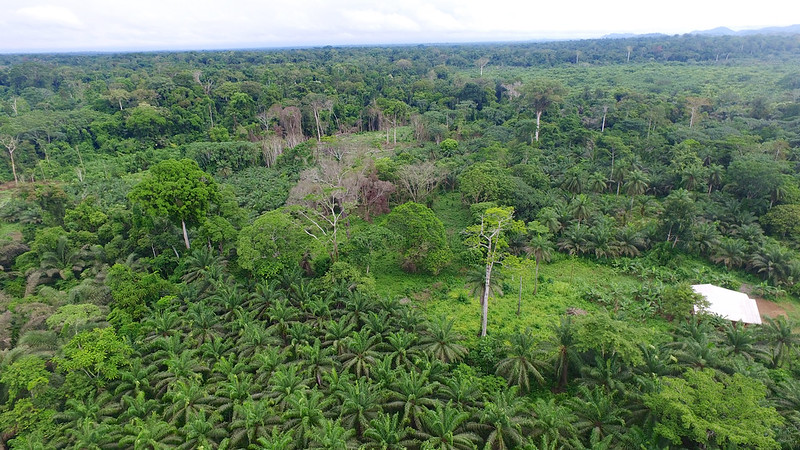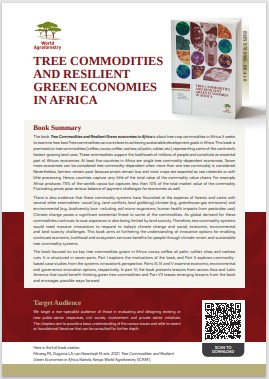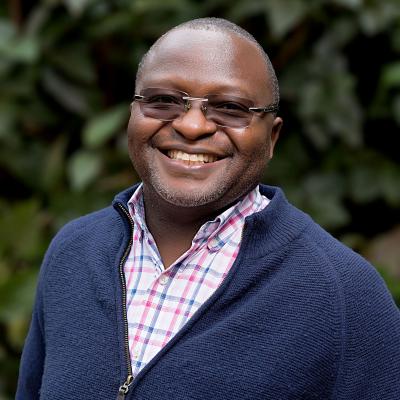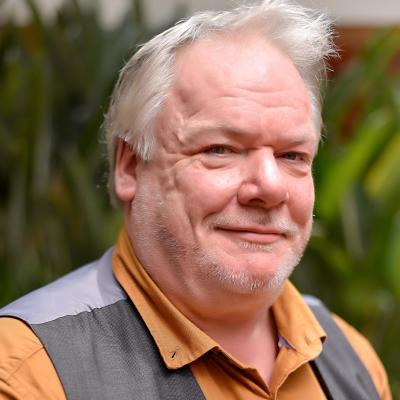
‘Tree Crop Commodities in Africa’ examines how tree products can best contribute to the achievement of the Sustainable Development Goals in Africa. The book focuses on five essential tree-based commodities that are grown on the African continent: cocoa, coffee, oil palm, rubber, and cashew nuts. It combines a case study approach – featuring examples related to production, market and economy, environment, and policy innovation pathways – with innovative perspectives from across the continent. It also draws lessons from similar experiences in Latin America and Asia, with the aim of enabling global learning. The book is primarily intended for a non-specialist audience working in the evaluation and design of a range of initiatives in civil society and the public and private sectors. Each chapter aims to impart a basic understanding of the topic addressed, and refers to recent and/or fundamental literature that can be consulted for more in-depth study.
CIFOR-ICRAF speakers
Chair: Tony Simons, Director General ICRAF, Executive Director CIFOR-ICRAF
Speakers:
Book Presentation
Peter A Minang, Director, Africa CIFOR-ICRAF (book editor)
Panelists
Fergus Sinclair, Chief Scientist, CIFOR-ICRAF
Eliane Springgay, Agroforestry Officer, Food and Agriculture Organization of the United Nations
Vincent Gitz, Director, Programme and Platforms and Focal Point, Latin America, CIFOR-ICRAF
Zenabou Segda, President, Women Environmental Programme, Burkina Faso
Dr Meine Van Noordwijk, Principal Scientist, CIFOR-ICRAF & Co-Editor




















